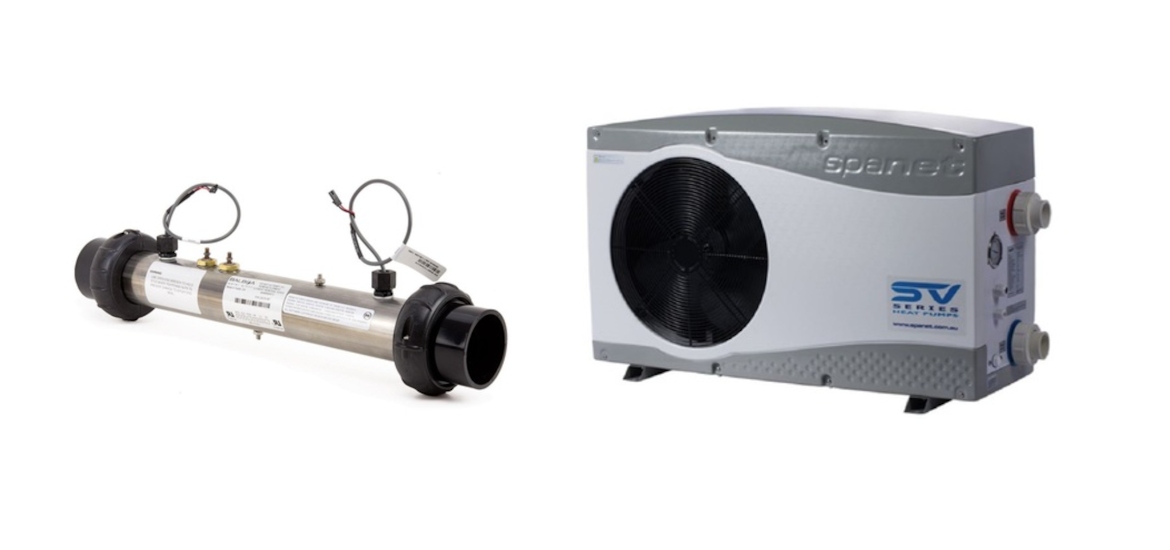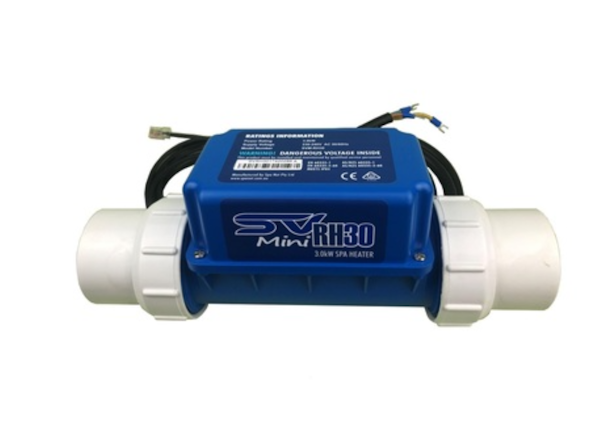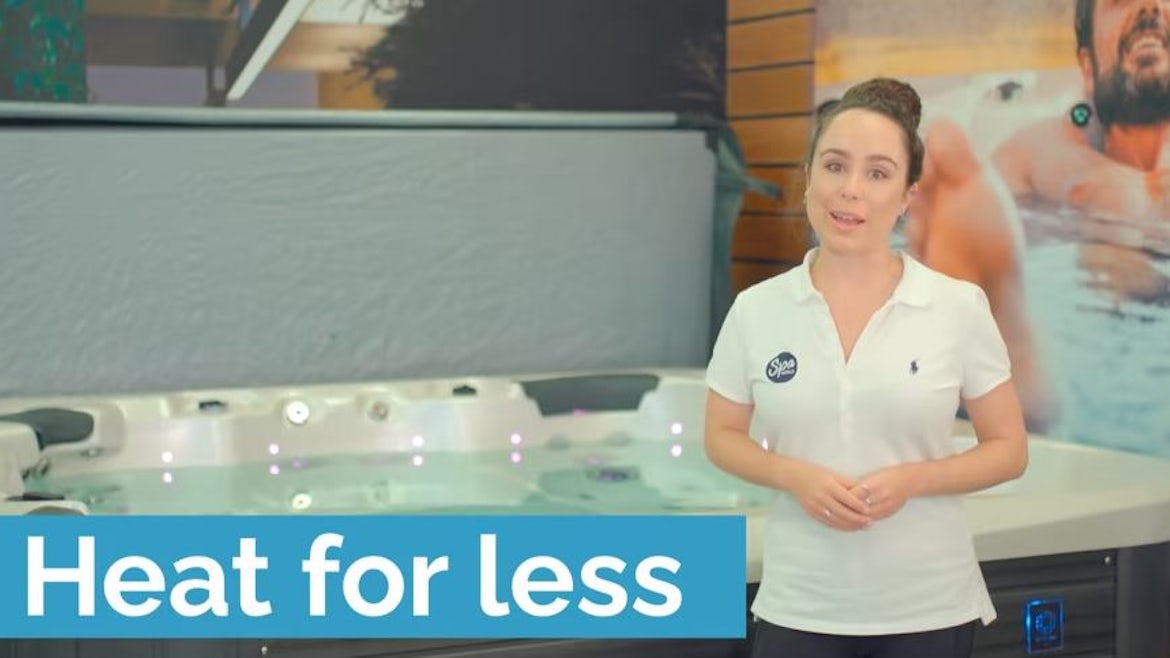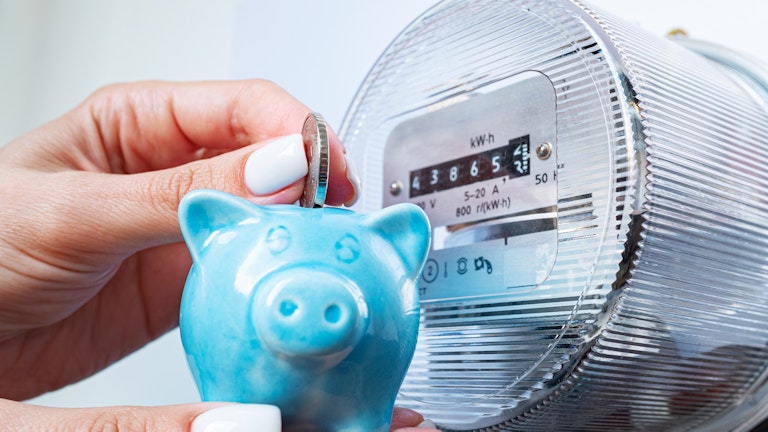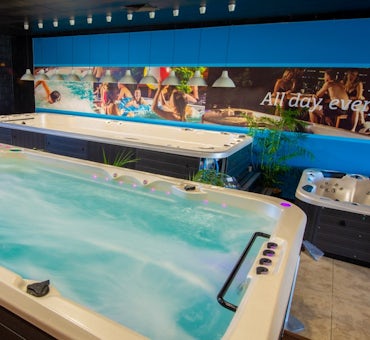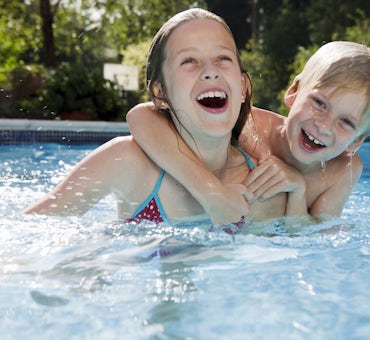Spa heaters and heat pumps are two terms often used interchangeably. However, there are key differences between the two.
This article outlines the benefits of spa heaters and spa heat pumps along with a detailed comparison to help you decide which one is the best option for your spa.
In this guide. you'll learn:
- What is the difference between a spa heater and a heat pump?
- What are the benefits of a spa heater element?
- What are the benefits of using a spa heat pump?
- Spa heater v spa heat pump – which is better?Why an inverter heat pump is the better choice for most spas
- What size heater do I need for my spa?
- How much does a spa heater cost?
